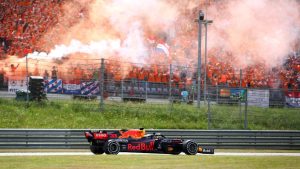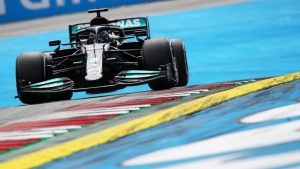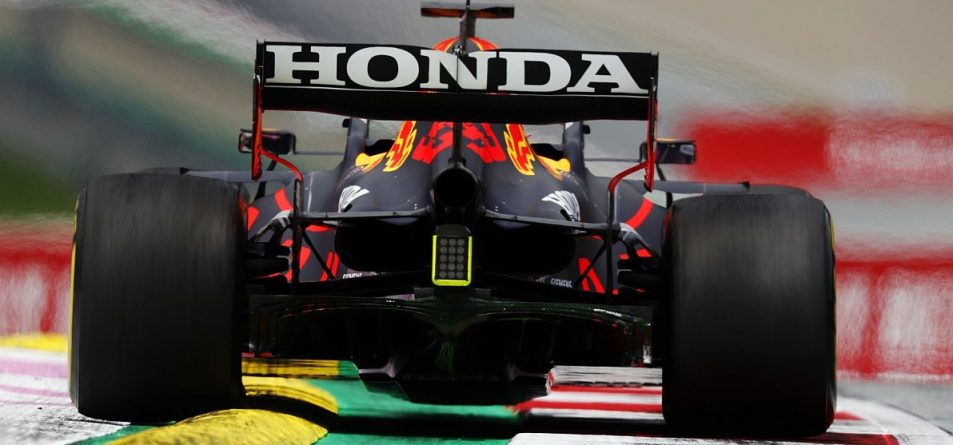Red Bull Racing Honda have re-written the script on Mercedes dominance in Formula One taking the win at Round 9 Austrian Gran Prix extending Overall points lead over 7 time F1 Champion Lewis Hamilton. In stark contrast to Hamilton winning past 7 consecutive F1 Championships, along with Mercedes 7 consecutive Constructor Championships, Red Bull Racing Honda driver Max Verstappen adds new meaning to disruptor in Formula racing.

As main protagonist on and off the track, Red Bull have achieved results to stem the success of Mercedes domination in the V6 turbo hybrid era, partnering with outgoing manufacturer Honda over 2021-2022 seasons. Creating extension of the company’s Milton Keynes base in England, Red Bull have fully utilized all engine capabilities from Honda’s Power Unit technology to produce raw performance on track.
As stated by Red Bull F1 principle Christian Honer on the pathway ahead: ‘Obviously as we gear ourselves up within Red Bull Powertrains, 2022 will be a transitionary year. So, we’re working with Honda to have a soft landing where the engines will be continued to be assembled in Sakura in 2022, before that process is being taken on in our new facility in time for 2023’. Courtesy Motorsport.com.
With Red Bull’s 5 wins from 9, challenges ramp up between Constructors along with Formula One’s own objectives on impending end to current engine cycle in 2025. At recent meeting of F1 stakeholders at Austrian Grand Prix, discussion around defining engine regulations that will power F1 into the future beyond 2025 focused on how to make Formula racing sustainable while achieving zero carbon emissions.
On interview Red Bull principle Christian Honer states: ‘Red Bull calls for clean sheet approach to the future regulations‘- a step outside realm of hybrid characteristics of F1’s current power unit. ‘To take time to come up with something exciting, different, and relevant that fits the criteria of cost, of performance and that encourages close racing’.

‘It would be a great shame to carry on what currently is a very expensive engine. Particularly if it’s for 2026- to come up with an engine that’s sustainable, that’s environmentally friendly, that uses biofuel, perhaps with elements of standardization where costs can be controlled, rather than carry over what we currently have’.
Without relevance to automotive industry, F1 engine regulations would have difficulty garnishing manufacturer interest. Without incorporating social and environmental issues within future F1 power units would prove counter-productive for attracting new manufacturers within Formula 1 industry.
F1 directives for the next generation of 2025 Power Units state: 1) environmentally sustainable 2) fully sustainable fuel 3) creating a powerful and emotive Power Unit 4) significant cost reduction and 5) attractiveness to new Power Unit manufacturers. Taken in context of ending turbo hybrid era, with incumbents of increased race car weight which in turn loads pressure on tyre performance, F1 lays down steep gauntlet to manifest in months to come.
Outages of change remain precursor for disruptors to rise to the challenge of edging out competition- albeit on or off the track. No mean feat then, that Honda made decisive decision to withdraw from F1 to focus on production of zero-emission technology. No slight of hand then, that Red Bull made decision to partner with Honda over transition period to bring about improved raw power performance engines for driver Max Verstappen to take to victory. And, no doubt, 7x F1 Constructor Champion Mercedes, along with current manufacturers including Porsche and Audi will take up the mantle and deliver for the interests of keeping Formula racing alive for the future.
Words: Sharon Cox.





Comments are closed.